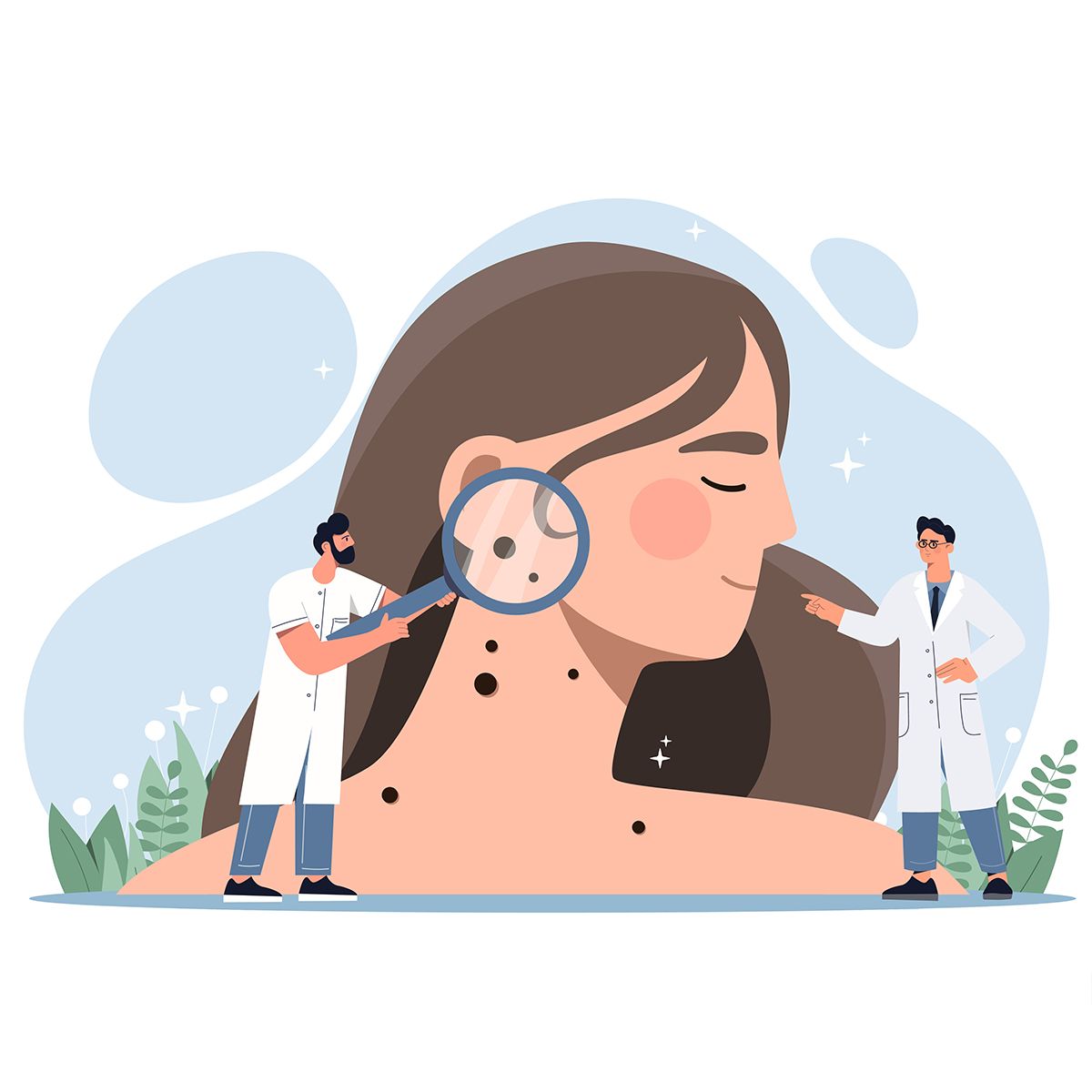News
Article
Skin-Related Toxicities Are Common During Immunotherapy Treatment
Author(s):
There are many immunotherapy-caused skin toxicities, though most can be easily managed.

Skin-related toxicities can occur with many different anti-cancer immunotherapy drugs, as these agents spark an immune response.
“The drugs that we have really break off that part of the immune system that is causing us to not respond to our own cells. What happens is that we can then get thisautoimmune reaction,” explained Dr. Laura Ferris, a dermatologist with UPMC, and professor of Dermatology at the University of Pittsburgh.
Toxicities are evident on the skin, whereas other toxicities may not be visible to the patient.
“Even a little bit of inflammation in the skin, for example, is something that we can see a little bit of inflammation in the liver, if you're not checking for it might go unnoticed,” explained Ferris.
For patients undergoing immunotherapy, skin reactions are very common, depending on the type of tumor that is being treated. Within immune-related adverse events, patients undergoing treatment for melanoma may often experience skin-related toxicities.
“It is common, you know, to see across different tumor types, too, if you look across clinical trials, it can be as high as 35 to 40% (of patients experiencing skin-related toxicities). If you look at more like what's spontaneously reported, it's maybe 20%. Depending on what data you're looking at, it could be anywhere from 20 to 40% of patients,” Ferris stated.
Skin-related toxicities are easy to treat, as doctors will typically prescribe moisturizers, antihistamines and steroids to decrease inflammation in the skin. For more specific types of reactions, such as psoriasis induced by immunotherapy, then doctors will use a condition-specific treatment.
“That is for very serious reactions. These are, life-threatening drug reactions which generally have to stop therapy, but our goal is to try to allow them to continue therapy as long as it is safely possible,” said Ferris.
Patients with underlying autoimmune conditions can be at worse risk of skin-related toxicities.
“Those patients are higher risk. For example, lupus, multiple sclerosis or inflammatory bowel disease,” explained Ferris. “They are in general at higher risk of any immune-related adverse events, including cutaneous (effects).”
In a recent study, researchers analyzed patients who experienced cutaneous immune-related adverse events. Results showed that these patients tended to have improved disease prognosis, thanks to T-cell activation.
“For example, melanoma patients who have vitiligo, which is where the T cells are attacking the pigment producing cells in the skin, have a significantly better survival. We think that it is a window into what's going on and the immune response to the tumor itself. They have successfully activated T cells against self and it's because the tumor is a cell itself, it's not a foreign antigen, so they have successfully activated T cells against cells. And so we are seeing that not only to have it being manifested as an anti-tumor immunity, but also as anti itself immunity,” explained Ferris.
It is important to mention all side effects to the health care team, Ferris said.
“I think that working together with your oncologist and your board-certified dermatologist, if you have skin toxicity is important (to bring it up). As a team, we can often determine if we need to stop your immunotherapy or (if) you can safely continue. We can work to make sure that we minimize disruption to cancer therapy and also maximize your comfort,” said Ferris.
For more news on cancer updates, research and education, don’t forget to subscribe to CURE®’s newsletters here.
2 Commerce Drive
Cranbury, NJ 08512
All rights reserved.




